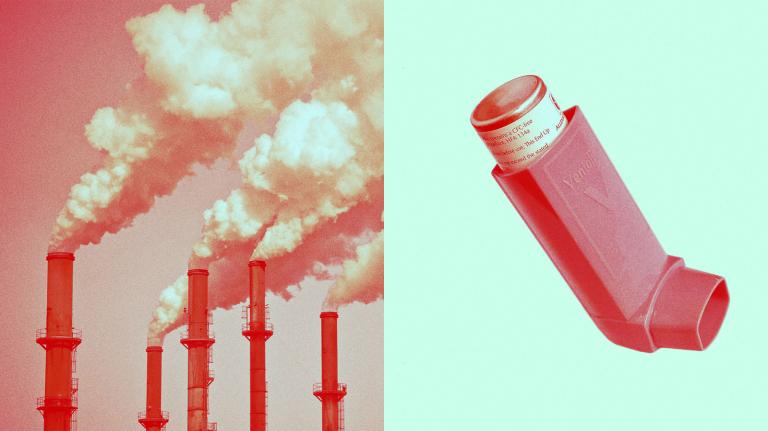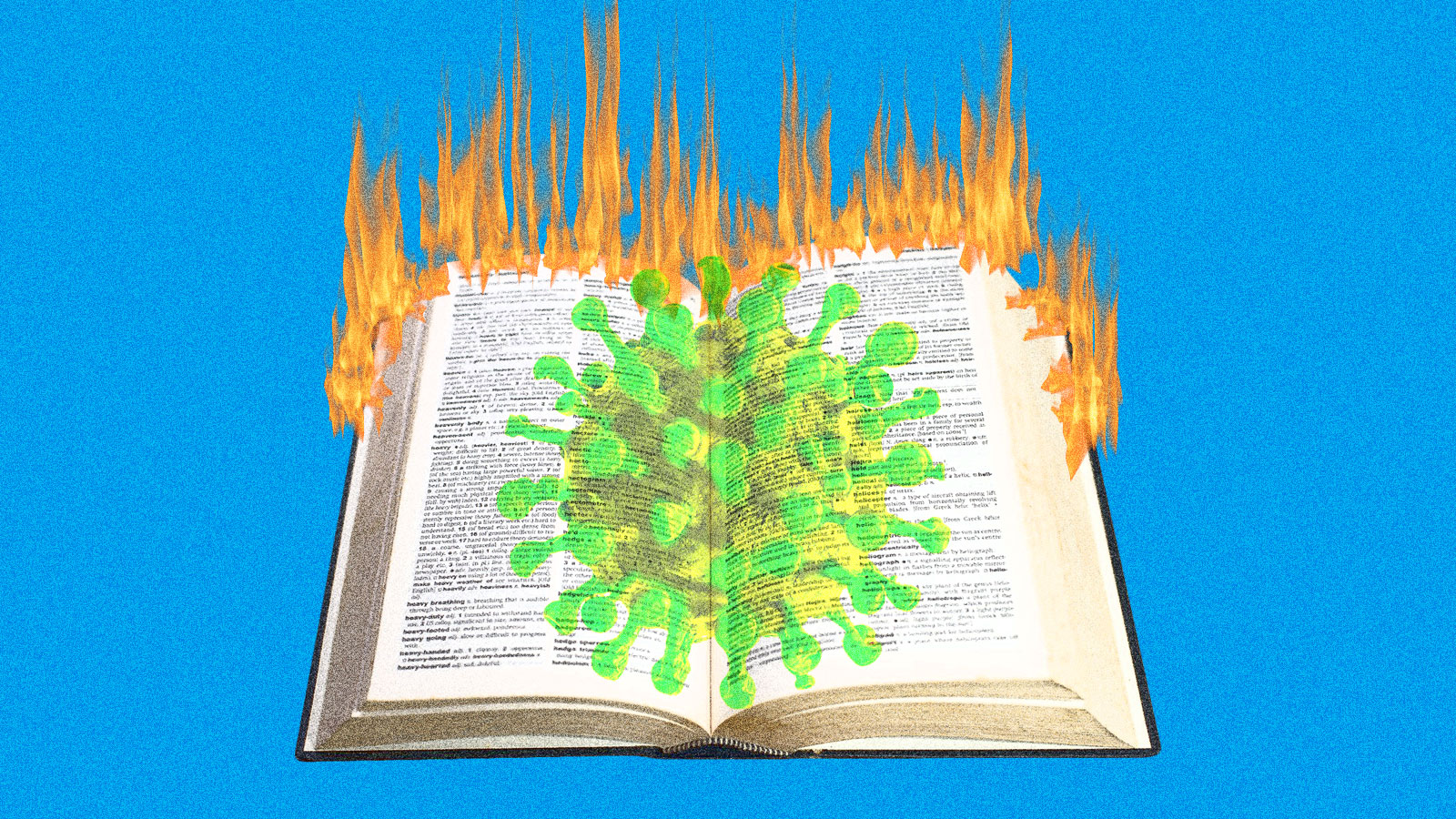Remember the first time you heard the phrase social distancing? Chances are that it was earlier this year, even though the phrase was coined in 1957, when it meant something akin to “ghosting.” After more than 60 years of stagnation, the phrase instantaneously wove its way into our everyday speech.
As the coronavirus pandemic tightens its grip on seemingly every aspect of daily life, our vocabularies are adapting at warp speed. Once obscure phrases are suddenly commonplace. The virus, nicknamed the rona, has spawned other creative coinages. A quarantini is a cocktail you drink in the isolation of your home. A covidiot is someone who throws a block party when everybody is supposedly sheltered in place. Technical acronyms like PPE (personal protective equipment) have entered everyday speech, as well as slang like WFH (working from home, a.k.a. working from hell). The most meticulous know the distinction between quarantine and isolation. Someday soon, we’ll all start gossiping about isolationships.
Language is trying to keep up with a world in upheaval, a time in which many see the planet as plotting against us, with fresh heat waves, punishing droughts, and wildfires. Every year brings new crises and new words to describe them, such as ecoanxiety, firenado, flight shame, and climate crisis. In an update last April, Merriam-Webster added all sorts of environment-related words to its online dictionary, including microplastic, “a piece of plastic that is five millimeters or smaller in size,” and omnicide, “the destruction of all life or all human life (as by nuclear war).”
Last month, Merriam-Webster announced its fastest update ever, adding COVID-19 — the shortened form of coronavirus disease 2019 — to its online dictionary a mere one month after the World Health Organization minted it. In the slow-moving world of lexicography, that’s a “rapid pace.” Super-spreader, self-quarantine, and patient zero were also included in the special update.
Dictionaries are simply giving the people the resources they want. The Oxford English Dictionary keeps track of the terms being used more frequently than usual, and in March, all 20 of the top keywords had something to do with coronavirus.
“Any new and widespread phenomenon always brings with it the development of new language to describe it,” wrote Fiona McPherson, editorial manager at the OED, in a statement accompanying the dictionary’s update.
Just four months ago, dictionary editors were picking their 2019 “words of the year.” The selections included climate emergency and climate strike (the global protests first started by Greta Thunberg, the 17-year-old Swedish activist), more evidence that the urgency (or anxiety) around climate change was going mainstream. It seemed like everyone was talking about the Green New Deal, whether they loved it or hated it.
This year, the Word of the Year selections will undoubtedly be related to the novel coronavirus. But it’s by no means the only crisis we’ll face in the coming months. Scientists are predicting that 2020 will deliver devastating floods, hellish wildfires, and even more supercharged hurricanes than usual. Hey, at least we’ll have something else to talk about.
“Usual” is already a pretty high bar these days. Heat records are broken so often that they’re hardly considered news. Under a smoky-red sun, the wind has taken ash from burning forests and rained it down on cities. Holing up in your home for months while sewing face masks for your family? That’s definitely not part of the old normal, either.



